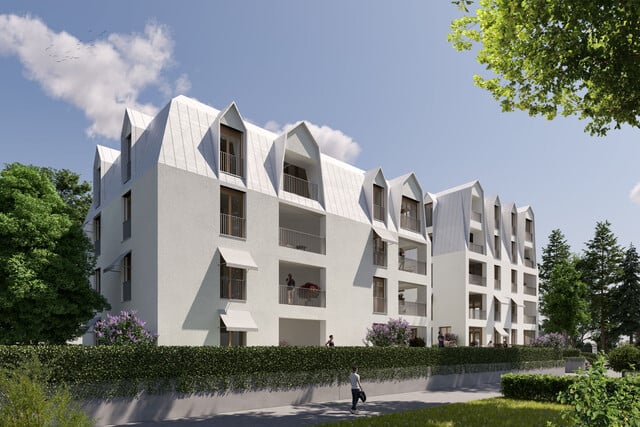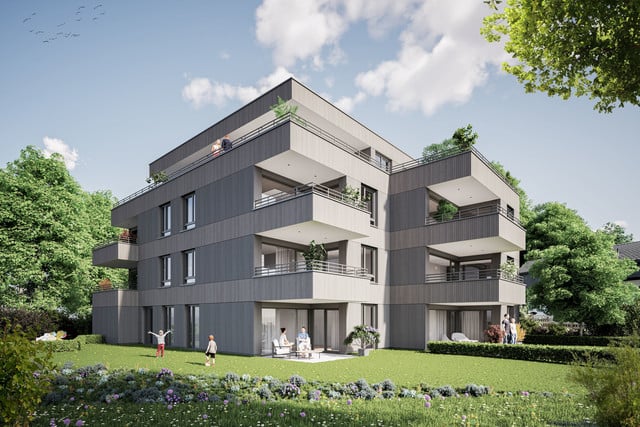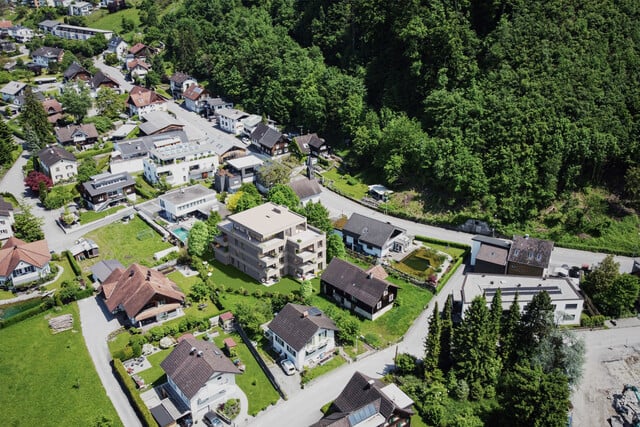Compromise Proposal in Dispute Over Guest Patients

Vienna and Lower Austria want to resolve the conflict over guest patients. On Monday, the councillors Peter Hacker (SPÖ) and Anton Kasser (ÖVP) met to announce a "starting signal." There was a first constructive conversation, which also discussed the formation of a Health Region East, including parts of Burgenland. An agreement is to be reached by 2028, before the current financial equalization ends. Further meetings are planned, with the next appointment scheduled in two weeks. Kasser mentioned a meeting of state governors, to which Vienna's Mayor Michael Ludwig has invited.
Dispute over Guest Patients: Vienna's Mayor Ludwig for Joint Health Region
Before the meeting, Kasser, who is responsible for both finances and state clinics in Lower Austria, proposed a commission to also negotiate the new financial equalization (FAG). Until then, "current law must be implemented," it was said from St. Pölten. The commission should include experts from the financial and health sectors, as also reported by the "Krone." Ludwig called the meeting a "first joint success" and again suggested the creation of a joint health region. Now it is important to move towards each other, it was stated in a statement sent to the APA. Lower Austria's Governor Johanna Mikl-Leitner (ÖVP) emphasized in a written statement: "We must move away from asking about the main residence when someone needs treatment. In Lower Austria, we continue to ask what is wrong with the patient and how we can help - and not about the registration form," and this "should apply again throughout Austria." What was negotiated in the financial equalization should be adhered to. Burgenland's Governor Hans Peter Doskozil (SPÖ) referred to existing contracts and said the issue could only be resolved at the next FAG.
States Differ in Handling Guest Patients
The trigger for the discussion was the increased costs for guest patients in Vienna's hospitals and the announcement by the federal capital to create separate waiting lists for them. According to Ludwig, the costs for guest patients in Vienna amounted to 610 million euros last year - even when considering the sums caused by Viennese patients in other federal states and the increased allocation of funds to Vienna from the 15a agreement. A similar guest patient situation also exists in other federal states: Tyrol and Salzburg also spend significantly more on the care of guest patients than they receive, despite additional funds from the 15a agreement and the costs caused by their own citizens in other states. Vorarlberg and Upper Austria have roughly a balanced balance, while all other states benefit due to numerous own guest patients in other federal states.
Burgenland's Governor Doskozil Against Centralization
The governor of Burgenland, Doskozil, stated in a release on Monday that it is a "matter of course" that complex services must be planned on a supra-regional level and cross-state cooperation must be deepened. "The current guest patient discussion shows that it is wrong to raise regional boundaries in healthcare." Of course, cooperation is needed: "But the instruments for this are already in place and the rules of the game are clearly defined with an existing 15a agreement," emphasized the governor. Doskozil vehemently rejects the discussion initiated by Salzburg's governor Karoline Edtstadler (ÖVP) about shifting health and hospital competencies from the states to the federal government.
He warned that centralization would bring "drastic deteriorations for patients and a clear-cut in the current hospital landscape." As already stated in the state parliament last week, Doskozil explained that a shift in competencies in Burgenland would likely mean the closure of three of the five clinic locations: "We must resist this." At the latest, by the next financial equalization, a new mode must be found on how the necessary financial resources for hospitals can be "fairly organized and distributed" nationwide, said the SPÖ state party leader. Renewed rejection also came from Ludwig: With the joint health region, one should rather "focus on realistically implementable solutions and not on castles in the air that cannot bring rapid improvement in healthcare."
SVS Chief Also Against Competency Discussion
The chairman of the Social Insurance for the Self-Employed, Peter Lehner, also speaks out against a competency discussion: "A new distribution of power and responsibilities solves none of our problems. It neither makes the system more efficient nor does it increase the quality of care," he stated in a release. However, money must follow performance. "Lump-sum payments fuel an opaque system and develop into budget holes. It must be traceable where which budget flows and what is achieved for it." A shift of health agendas' competencies from the states to the federal government would not only require a political agreement. In the detailed execution, other problems would also arise - such as at what price the federal government would buy the hospitals from the states, etc.
(APA/Red)
This article has been automatically translated, read the original article here.
Du hast einen Hinweis für uns? Oder einen Insider-Tipp, was bei dir in der Gegend gerade passiert? Dann melde dich bei uns, damit wir darüber berichten können.
Wir gehen allen Hinweisen nach, die wir erhalten. Und damit wir schon einen Vorgeschmack und einen guten Überblick bekommen, freuen wir uns über Fotos, Videos oder Texte. Einfach das Formular unten ausfüllen und schon landet dein Tipp bei uns in der Redaktion.
Alternativ kannst du uns direkt über WhatsApp kontaktieren: Zum WhatsApp Chat
Herzlichen Dank für deine Zusendung.








